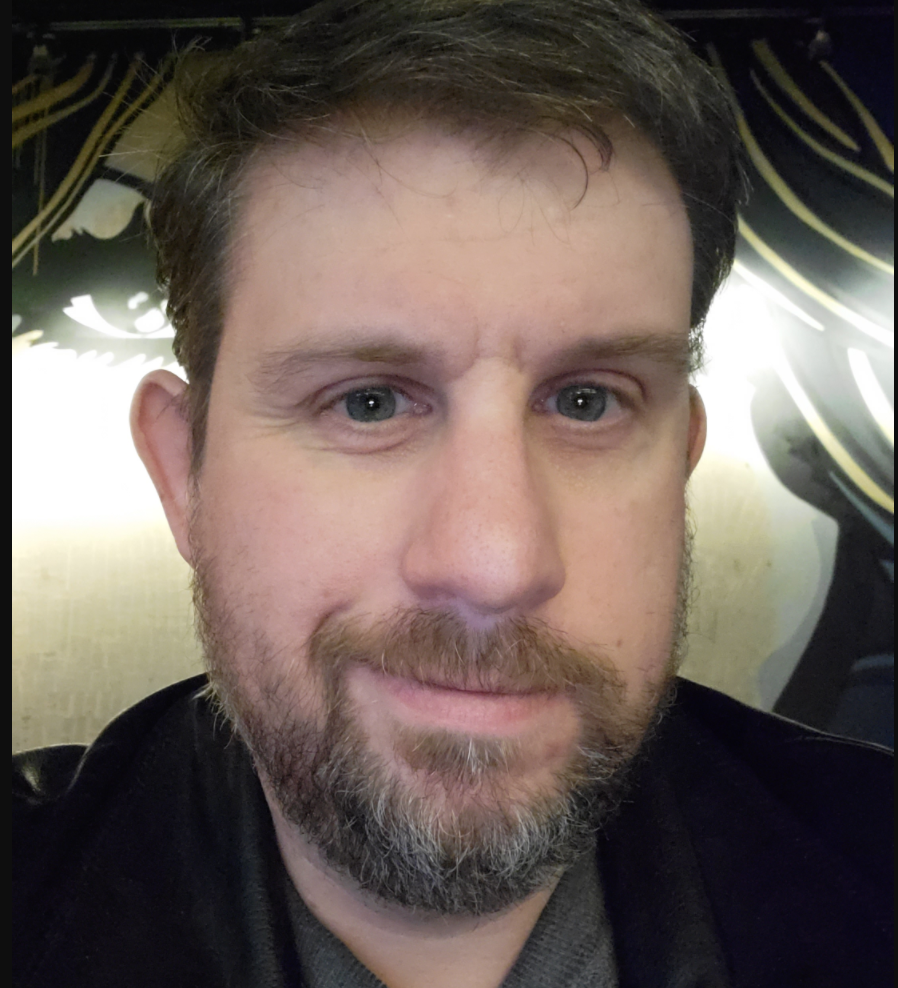Original Article By Caroline Frost On Deadline.com
“I’m in a lot of meetings now, where people tell me, ‘This will never get on because it’s not woke enough,’” Ash Atalla, award-winning comedy producer of hits including The Office and The IT Crowd, told a spirited panel at the Edinburgh TV Festival assembled to discuss the question of how TV makers can properly represent diverse Britain in all its forms.
“I’m amazed how fast the white people have thought, ‘We can’t get on television,’” he continued. “That’s come in hard and fast in the last two years, and it’s a bewildering experience to be in those meetings after 15 years of the opposite. Now white people think there’s no place for them.”
He added that even having the discussion publicly is increasingly challenging for people, through fear of being castigated or cancelled.
Mobeen Azhar, broadcast journalist and presenter, told an opposite but equal story, of being asked to develop an idea with a familiar female TV professional, “who happens to be a woman with brown skin”. The series, meant to be about British Asian identity, hit a snag when the woman admitted to Azhar she’d grown up in the Middle East, had attended private school and knew nothing about the subject matter.
“That’s a tick box,” said Azhar. “That’s a department who wants to commission an individual, and that’s not helpful because that person doesn’t have the diversity of experience. I believe passionately in public service broadcasting, but if we’re going to represent the masses, the public, we need a higher bar for what diversity really is.”
GB News journalist Inaya Iman agreed, saying: “If you only look through the lens of identity, you’re going to have a narrow spectrum of opinion and ideology. We should avoid ticking a box, but see people in the fullness of who they are, not what category they tick.”
In a complex and wide-ranging discussion, Louisa Compton, Head of News, Current Affairs and Sport at Channel 4, pointed out that the actual word “woke” means “being alert to injustice and not wanting to offend anyone, which seem like fairly important principles. But it’s become the new shorthand for political correctness gone mad, the new dividing line. It just means being too right on for words. It can alienate some audiences who feel that the world is moving on faster and leaving them behind.”
A specially commissioned survey revealed that 62% of the viewing audience believes political correctness has gone too far, compared with only 19% of figures working within the TV industry.
Azhar said he found that depressing, but that the answer is not “to give Nick Ferrari a prime time show. The reason that this majority of the public think that, online there’s a whole section of society, including cis, straight, white, who are really worried that they keep being told they’re kind of evil. You need to take people with you. Big Brother in the 2000s did so much for trans representation. It wasn’t academic and dry, it took people with the programme.”
The survey found that 40% of the viewing audience say they’re proud of the UK, compared with only 20% of TV industry people.
Atalla said he doesn’t believe comedy has to be all-representative, saying: “We can just take a post of view, and just show a diverse world through our comedy. For example, if we know the Trump election wasn’t rigged, why do we have to represent so many people that frighteningly think it was? Their views are not correct scientifically, so how useful it is to spend time on it?”
He pointed out his job was much easier in comedy than it was for people wrestling with these quandaries in news and current affairs.
Speaking for the latter, Compton pointed out: “We don’t need to balance debate about something like climate change denial, but when you try to silence a group of people, it feeds into a sense of conspiracy.”
Iman worried about the excluding phrases of words like ‘anti-vaxxer’ and ‘denier’. “They’ve become expanded to include genuine perspectives that are critical.
“The best thing to do is to present a range of views so someone can make their own judgment, to trust people to hear a range of perspective and come to the one that rings most true with their own experience.”
The survey found that 63% of TV industry professionals see the British Empire as something to be ashamed of, compared with only 23% of viewing public.
Azhar reflected that news and current affairs staff face different challenges from program makers.
For the latter, he reflected: “I made a programme called Muslims Like Us – effectively a debate around who represents the Muslim community. We had to make that programme entertaining and watchable. What did it do? It took an audience with it. The bottom line of it was that people are just people, that’s what we learned from it. It’s that kind of programming we have to make to move forward the people who think PC’s gone mad, because it hasn’t.”















